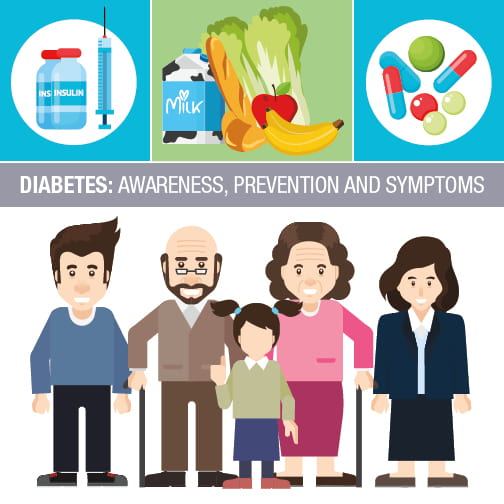Hometown Health
A community of information and resources
to improve your health and well-being.
Hometown Health Blog

How to help your child reach a healthy weight
New findings show that "baby fat" doesn't routinely melt away as children grow. Now's the time to help a child struggling with obesity reach a healthy weight. These tips can help you on this journey.

Think outside the cereal box
Are you skipping breakfast because you think it will help you lose weight? We'll explain why you should think differently.

3 steps to control your environment and weight
When you think about managing your weight, eating healthy foods and physical activity come to mind. But have you thought about your eating environments? Tackle them with some addition, subtraction and saying no.

Clean eating: What does that mean?
Most Americans eat a diet rich in heavily processed foods packed with fat, sugar, sodium, chemicals, preservatives, food dyes and other additives. Learn how and why clean eating can be a healthy way of living.

Life with diabetes: What happens as we age?
If you have diabetes, you might encounter the effects of complications as you move into the latter part of your life. According to the Centers for Disease Control and Prevention, 50 percent of adults age 65 and older have prediabetes and 25 percent have diabetes.

Understanding the complex health risks of wildfire smoke
Wildfire smoke can affect air quality in areas thousands of miles away from active wildfires. Learn how to monitor air quality indexes to be aware of the air pollution in your area.

Don't fall for fad diets
Hear about a diet plan that seems too good to be true? It probably is. Learn the signs of a fad diet and three key elements in all healthy plans.

Reasons to love your new air fryer
Does the thought of using an air fryer intimidate you? With these tips, you'll get acquainted your new appliance, and soon you'll wonder what you did without it.

Strategies to control portions
Knowing how to eat healthier can help you take control of how much you eat each day. Start with these tips to remind you of easy ways to judge food portions.

More than stress: What you eat affects your blood pressure
Stress can increase your blood pressure, but so can what you eat. This eating plan can reduce or control blood pressure while reducing risk of stroke and heart attacks.

Is your child getting enough sleep?
Summertime can significantly change children's sleep habits. As your family prepares for a new school year, consider sleep routines and if your children are getting enough sleep.

Charcuterie boards: Popular and pretty for party food ― but are they safe?
Social media is awash with images of intricately arranged platters of party tidbits also known as charcuterie boards. When creating one, be sure you're serving up safety along with the snacks.
